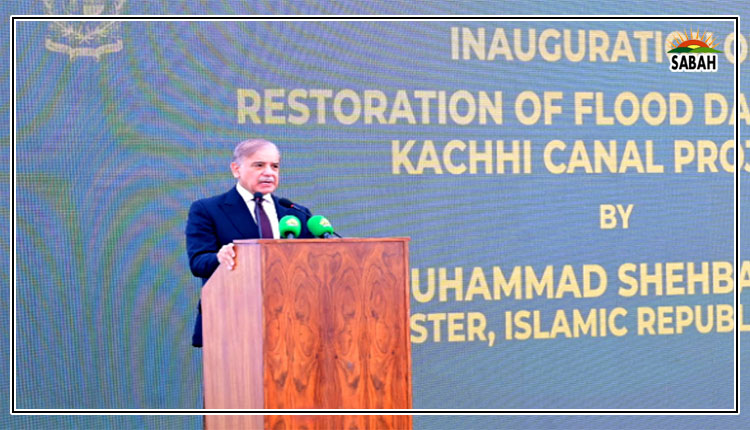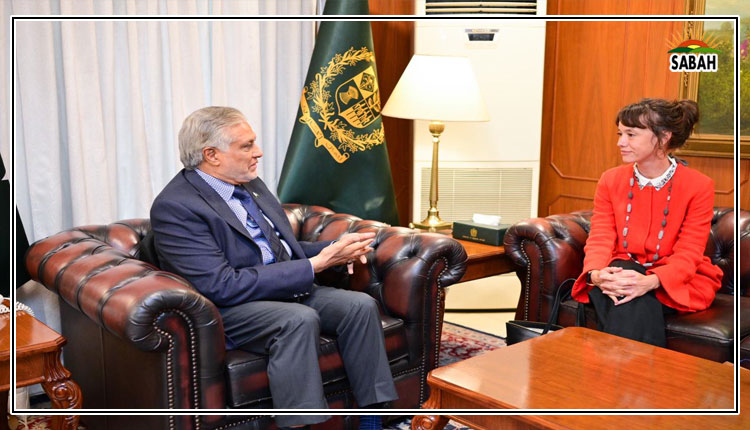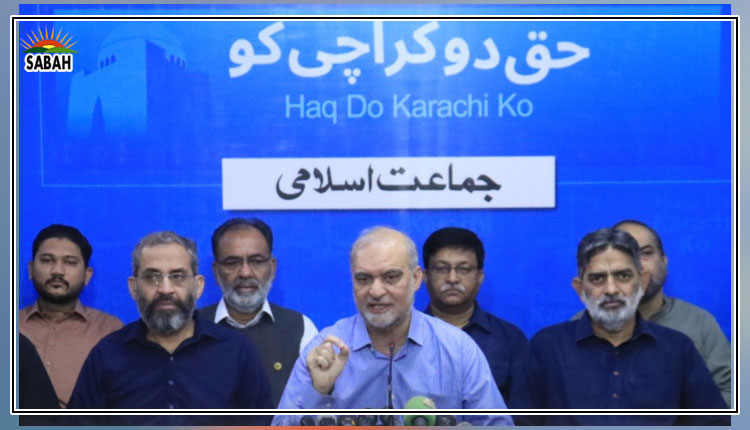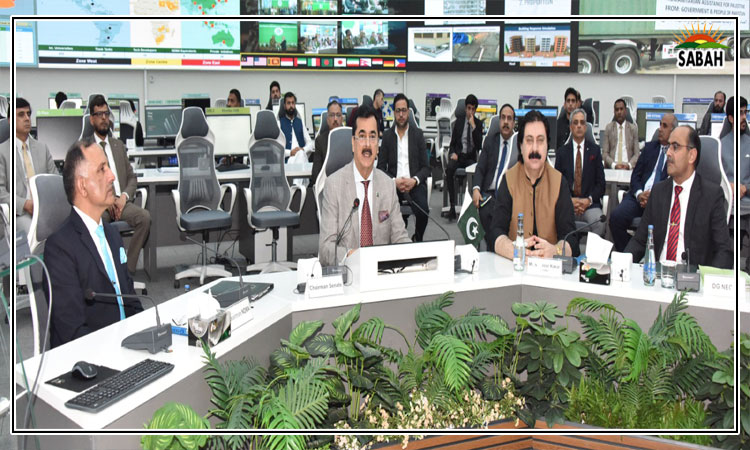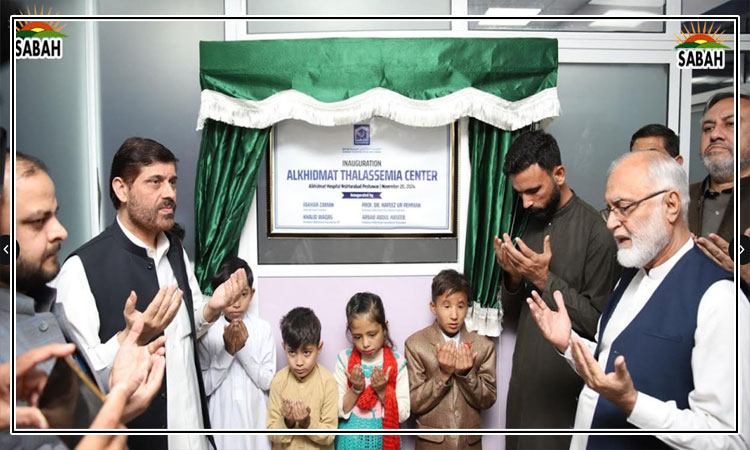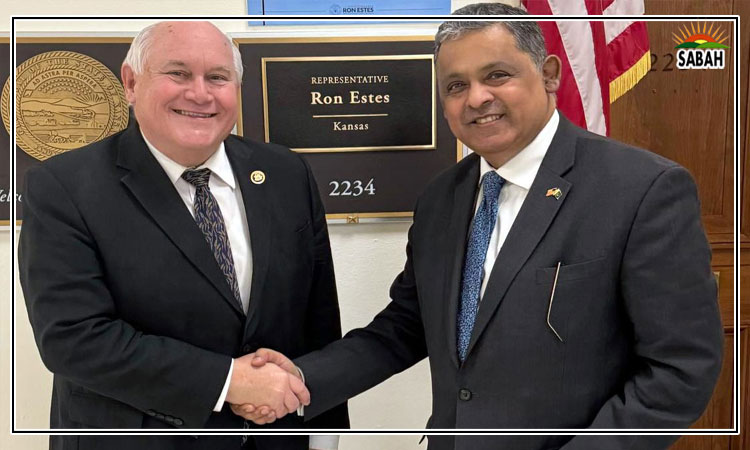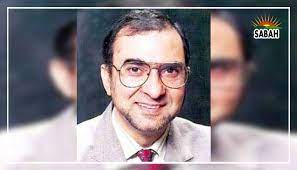Kashmir needs the United Nations attention: Dr. Ghulam Nabi Fai
WASHINGTON, Feb 09 (SDABAH): Antonio Guterres, the Secretary General (SG) of the United Nations put forward the priority areas for action for 2024. We fully endorse the vision of SG that, “In today’s troubled world, building peace is Humanity’s Greatest Responsibility,” and that “Humanity is strongest when we stand together.”

Secretary General added: As conflicts rage and geopolitical divisions grow, peace in our world is threatened. As polarization deepens and human rights are trampled, peace within communities is undermined. As inequalities explode, peace with justice is shattered…Around the globe, and across the range of issues, peace is the missing piece. People want peace and security. People want peace and dignity… If countries fulfilled their obligations under the Charter, every person’s right to a life of peace and dignity would be guaranteed.

Dr. Ghulam Nabi Fai, Chairman, World Forum for Peace and Justice said while we appreciate the principle stand that SG articulated on August 10, 2019 that Kashmir issue must be resolved under UN Charter and under applicable UN Security Council resolutions, we feel we would be remiss in our duty if we fail to draw the attention of SG to the list of priorities of the United Nations for 2024 wherein he rightly mentioned terrifying and frightening situations in Gaza, Ukraine, Sahal, Libya, Horn of Africa, Democratic Republic of Congo, Yemen, , Sudan, Myanmar, Haiti, Western Balkans but surprisingly he did not mention Kashmir.

Dr. Fai added that “This omission in the priority list for 2024 can have serious and significant consequences. It will bolden India’s intransigence toward Kashmir and provide ammunition to its propaganda. Such an error of omission can encourage India to carry on its campaign or terror and violent repression in Kashmir. It is hard to believe that this could have been the aim of SG.

“We recognize that the Government of India would have raised objection, had SG included Kashmir in the list of priority areas for action for 2024. India would have objected to such action by the Secretary General as a violation of the principle of non-interference in the internal affairs of a sovereign state. However, as we know that Kashmir is internationally recognized as a ‘disputed territory’ whose final status is yet to be resolved – not as a part of greater India. It is a historical fact that the idea that the dispute over the status of Kashmir can be settled only in accordance with the will of the people, which can be ascertained through the democratic method of a free and impartial plebiscite, was the common ground taken by all parties to the dispute, viz., India, Pakistan and the United Nations. It was supported without any dissent by the United Nations Security Council and prominently championed by the United States, Great Britain and other democratic states.”
Fai maintained that it is commonly accepted that such objections like India’s are sophistry and that all members of the United Nations, by subscribing to the principles of the Universal Declaration of Human Rights, become co-responsible for the right of citizens of all other subscribing states. This is all the more applicable in the case of Kashmir whose future is to be determined by an impartially supervised plebiscite.
Fai wanted to convey to the Secretary General of the United Nations that the oppressed, suppressed, and persecuted people of Kashmir are looking towards you, to provide leadership in protecting their human and political rights. And ultimately persuade both India and Pakistan to initiate a peace process with the genuine leadership of the people of Kashmir to settle the conflict for the sake of international peace and security.


